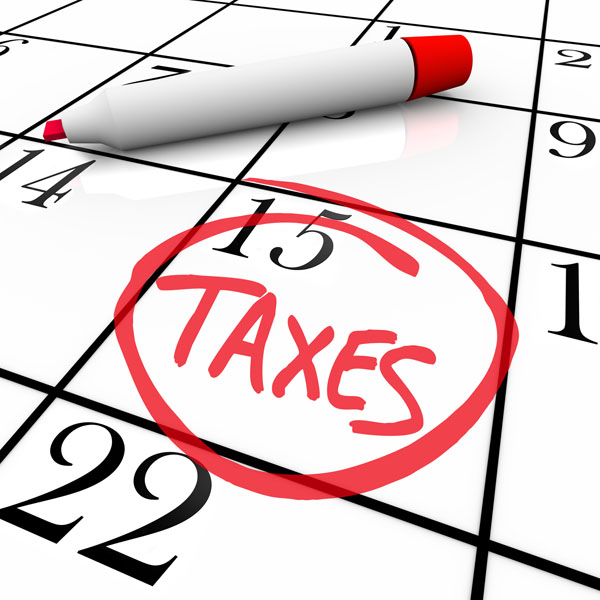
Well, it’s March and the 2013 tax season probably has many Americans either thinking about their accountants or waiting by the mail box for that much anticipated refund check from Uncle Sam. What to do with this extra influx of cash back to our pockets is usually a topic debate amongst taxpayers. And this year, if you’re a homeowner, might be a great time to invest in your humble abode.
Tax season is on, and the annual migration of hard earned cash back into our pockets is on its way for many Americans expecting a tax refund this year. And for many, the refund could mean a few extra thousand dollars in their pockets. As a matter of fact in 2012, the IRS had issued 59.2 million refund checks totaling $174.4 billion. Using those numbers, the average refund check is about $3,000. So with this new influx of cash coming, what to do with it usually becomes a topic for debate for taxpayers. One suggestion, if you’re not paying bills this year, use it to build value.
As a homeowner, your home is probably your most important asset, and using this year tax refund to refinance the mortgage at today’s low interest rates could present a responsible opportunity to spend your cash wisely. Low interest rates might not be here in the future, and the 2013 tax rebate can help you pay for the hefty closing costs associated with a refinance.
If you are happy with your current rate, making the investment in your living spaces could also greatly improve various aspects of your life. From increasing the value of your property to improving the quality of your life, and even lowering energy costs, taking on home improvement remodeling projects with refunds can stretch those tax dollars a lot farther than a weekend at the mall.
When considering a home improvement project, keep in mind that even a humble investment can go a long way. From smaller projects such as replacing a front door or painting your home, to larger projects such as kitchen and bathroom remodeling and even flooring, home renovations can offer a satisfying, value driven spot to put the little extra cash into.
A few other ways you might consider spending your dollars if your home is not at the top of your list could include investing in you. From paying down debts, starting or increasing an emergency fund to protect you and your family from a financial emergency, such as a lay off at work, to investing in your health, making value driven decisions should be the common theme across all your considerations. So if you are waiting for that extra money from the IRS, whether it’s a little or boat load, remember to spend it wisely, as recent history has taught us that no one ever knows what the future may hold.
No comments:
Post a Comment